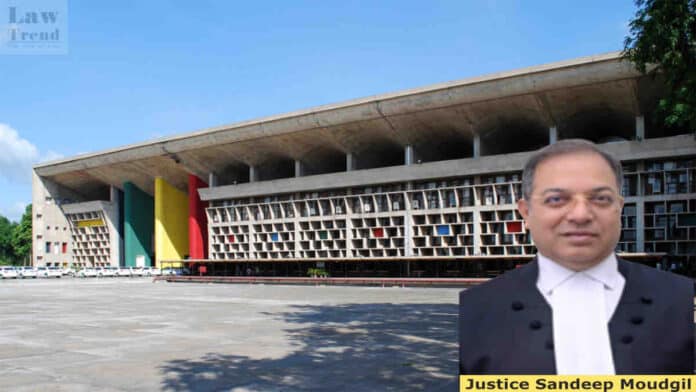In a landmark judgment, the Punjab and Haryana High Court has ruled that live-in relationships involving married individuals infringe upon the dignity of their parents and violate the sanctity of marriage. The judgment was delivered by Hon’ble Mr. Justice Sandeep Moudgil in a series of writ petitions (CRWP-4018-2024, CRWP-5583-2024, and CRWP-6117-2024) involving couples seeking protection




